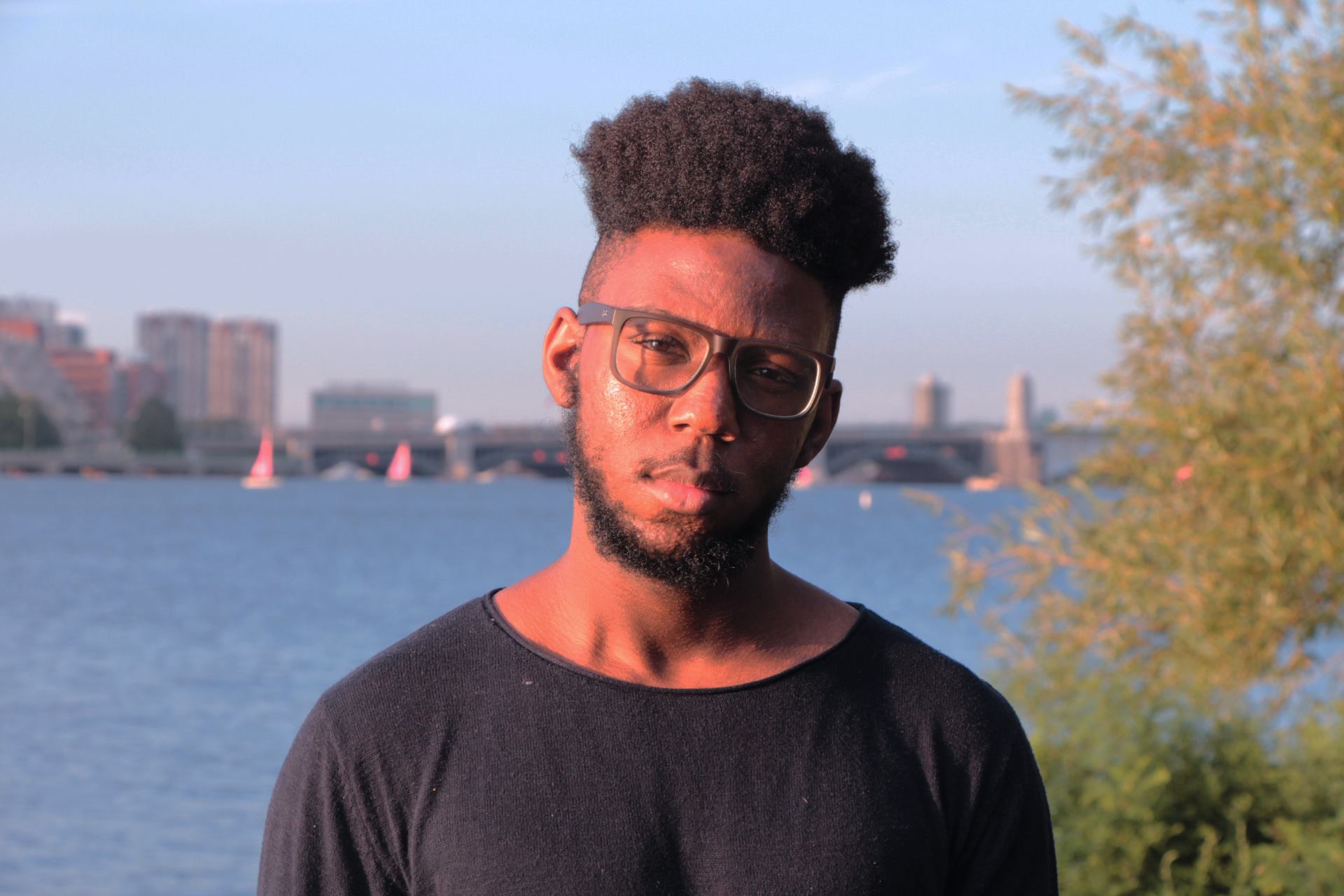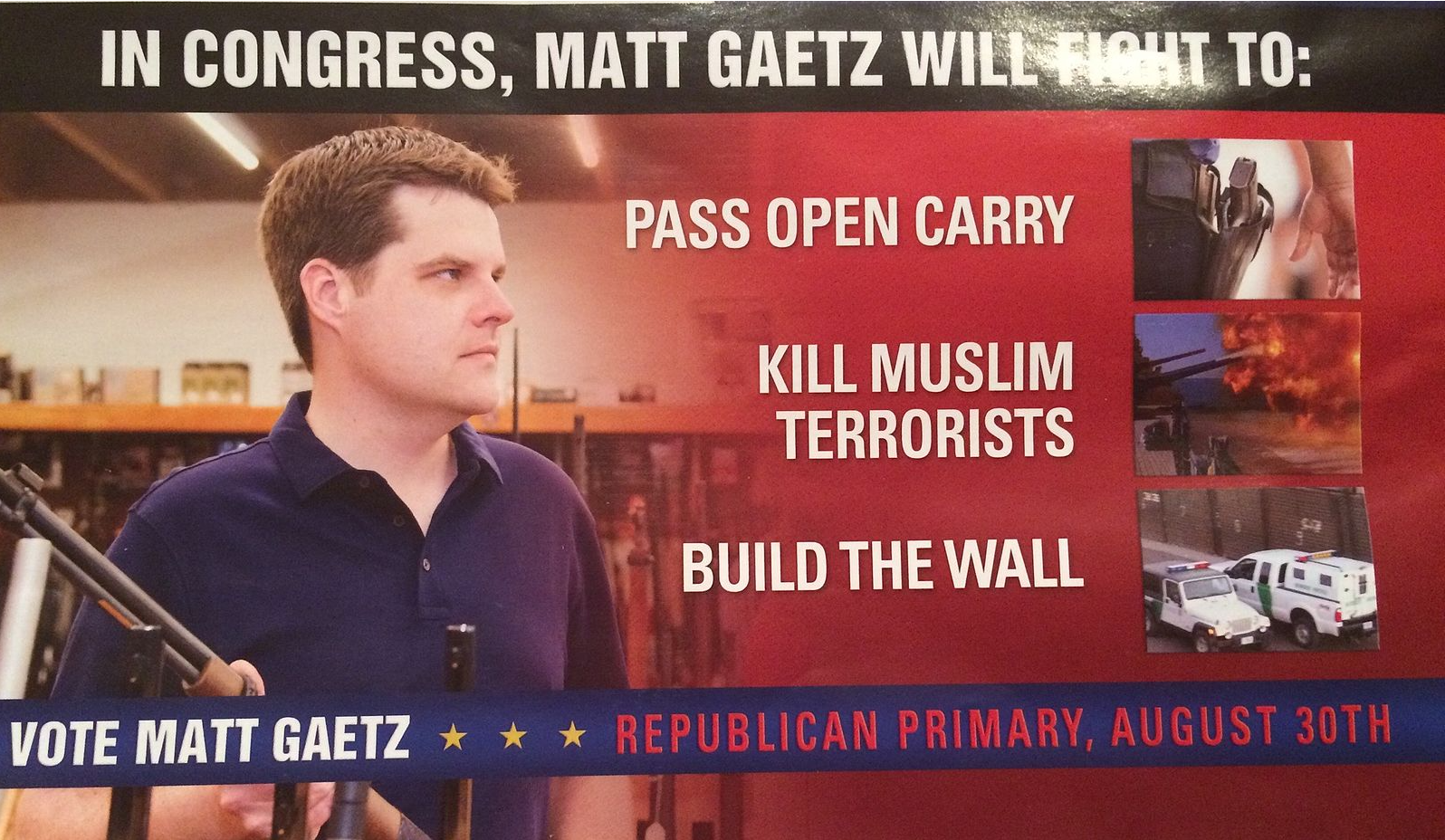The Politicians Trying to Keep Trump's Movement Alive

By:
White voters are keeping Republican nominee Donald Trump's presidential hopes alive in must-win Florida by virtue of the large margin by which they support him, according to a new poll by The New York Times Upshot/Siena College.
The Florida voters — and voters like them — could keep Trump's movement alive even if he loses his presidential contest in November. There is evidence that such a movement is already underway to support candidates whose style and politics are fashioned after the billionaire at the top of their ticket.
Take Carlos Beruff, a businessman who has been called "the little Trump of Florida." The moniker reflects Beruff's brash style and extreme rhetoric that matches that of the presidential Republican nominee.
Facing incumbent U.S. Sen. Marco Rubio in a primary battle, Beruff drew condemnation when he refused to apologize for calling President Barack Obama "an animal"; he later said charges of racism against him were "absurd."
Beruff criticized Rubio in an attack ad for opposing Trump's proposed temporary ban on Muslims. Beruff went even further than Trump in his losing bid for the Senate, arguing that there should be a travel ban on people from all Middle Eastern countries except Israel.
"[Trump's influence] is bringing a lot of the extreme fringes that were at the margins of American politics into the mainstream," said Matt Baum, Marvin Kalb professor of global communications at Harvard University's John F. Kennedy School of Government. Baum pointed to threats and acts of violence by Trump supporters at his rallies, as well as Trump's retweeting of neo-Nazis and white nationalists.
"I don't think it's going to go away, regardless of what happens to Trump," Baum said in a phone interview.
Trump's opening of a political Pandora's Box has already inspired some to take up an explicitly white supremacist platform.
Perhaps the most prominent candidate running for office in Trump's shadow is David Duke, former Grand Wizard of the Ku Klux Klan, who said that he was emboldened to run for one of Louisiana's U.S. Senate seats by Trump's rise.
When referring to Syrian refugees on his radio show, Duke recently implied that bringing in large numbers of people into the United States "with a different racial heritage" would lead to the "destruction of society."
Laura Stoker, an associate professor of political science at the University of California, Berkeley, called Trump a "one-off" in presidential politics. The timing was right for the Republican nominee's rise because of the extreme partisan polarization on the issues of immigration and race, she told ATTN: in a phone interview.
"It's not a matter of the American public turning to the right," Stoker said. "It's a matter of the parties getting more divided."
The dynamics underlying Trump's rise were at least partly a response to the election of the first Black president, Stoker and Baum both said.
Looking ahead, the Republican Party is likely to try to come together around a more moderate candidate in the next election cycle because of the shrinking of presidential battleground states and the slight numerical advantage Democrats enjoy, Stoker said.
Stoker even imagined superdelegates playing a greater role in the Republican primary process. "I think, if anything, there's going to be more party nomination reform and concerted action to avoid a situation like this being repeated," she said.
In local elections, it's anyone's guess how successful the alt-right will be. Most candidates who have tried to copy Trump's style and rhetoric have failed miserably in their attempts to win office. But not all of them.
Matt Erickson, a Trump-style candidate, won less than 7 percent of the vote in a Minnesota primary. He told the Boston Globe that he would continue to run and "push this anti-political correctness, America First agenda."
 mailer
mailer
Matt Gaetz, a candidate for the House of Representatives in Florida's 1st District, is faring better. He called Syrian refugees a "Trojan Horse" on his website under the heading "Fighting Radical Islam." He won a primary vote and is moving onto the general election.
Gaetz's district overwhelmingly supports Trump in the presidential race. The two have both taken hard stances on immigration, with Gaetz saying that "illegal immigrants" are "sucking us dry" and vowing to "crack down on sanctuary cities and the local officials that allow them to exist."
If this trend continues, such rhetoric could become the status quo in U.S. politics.
